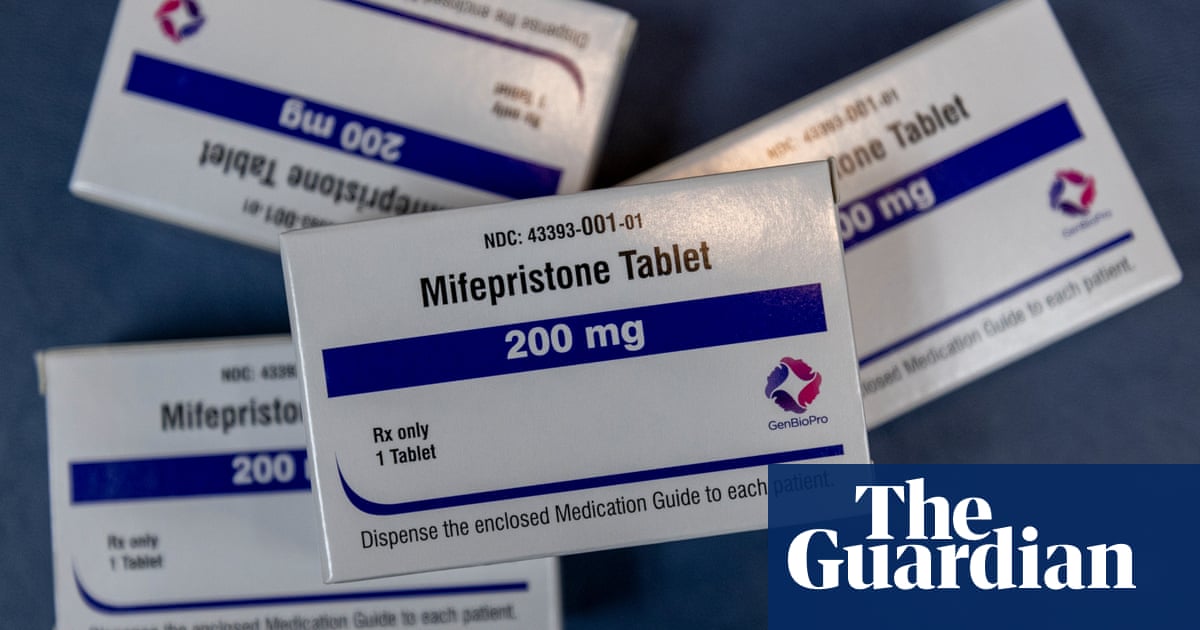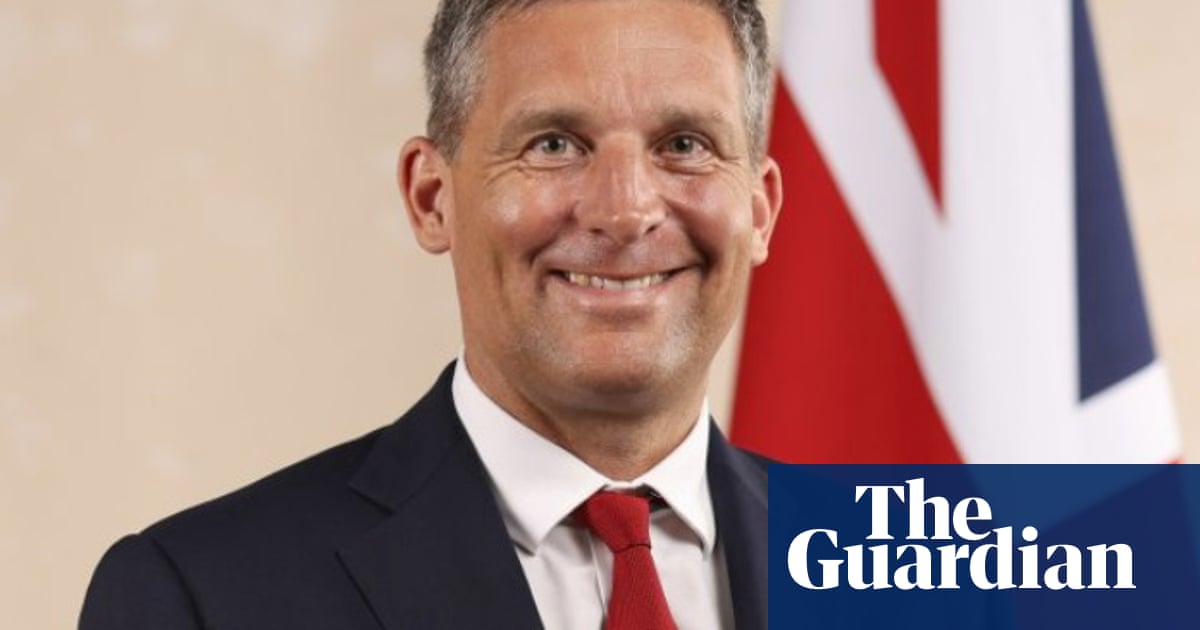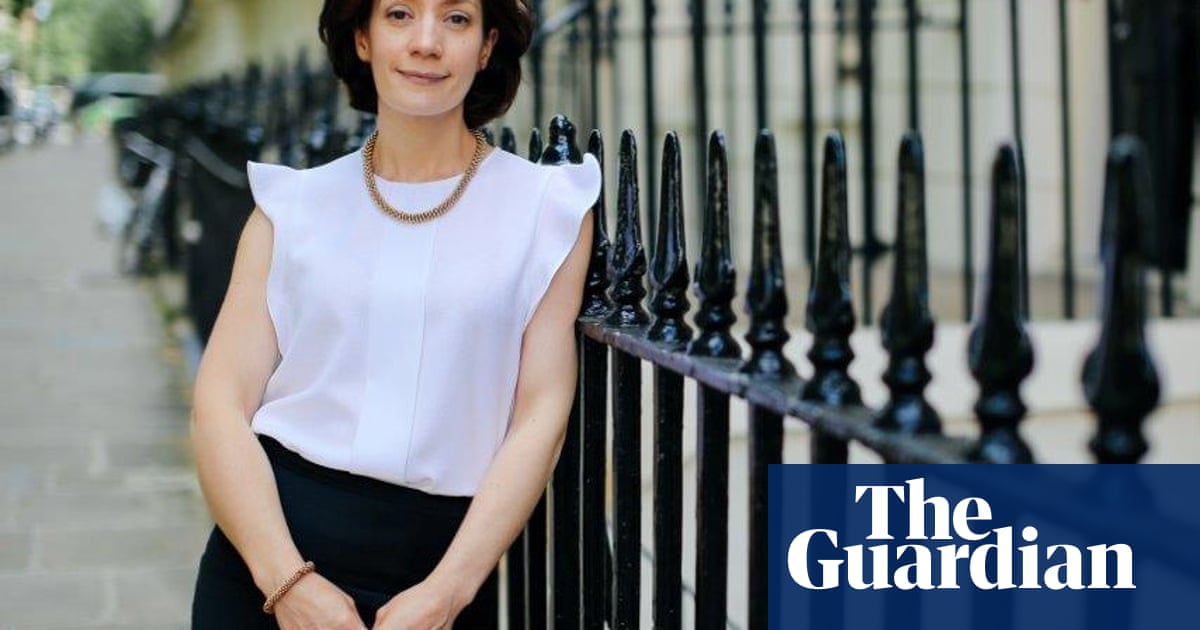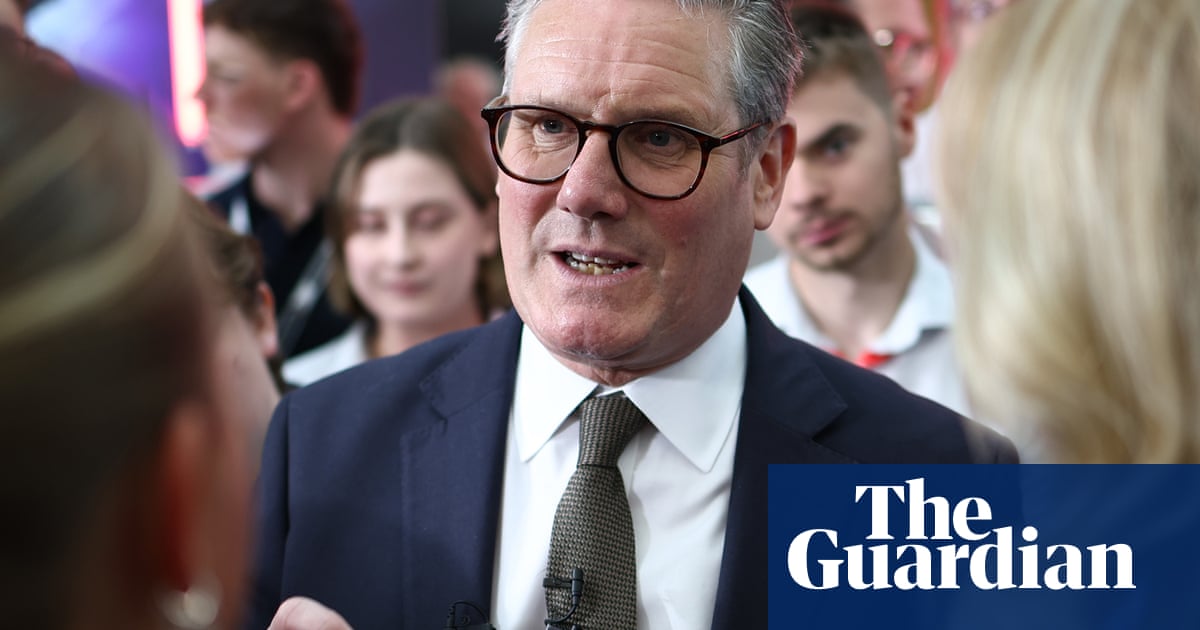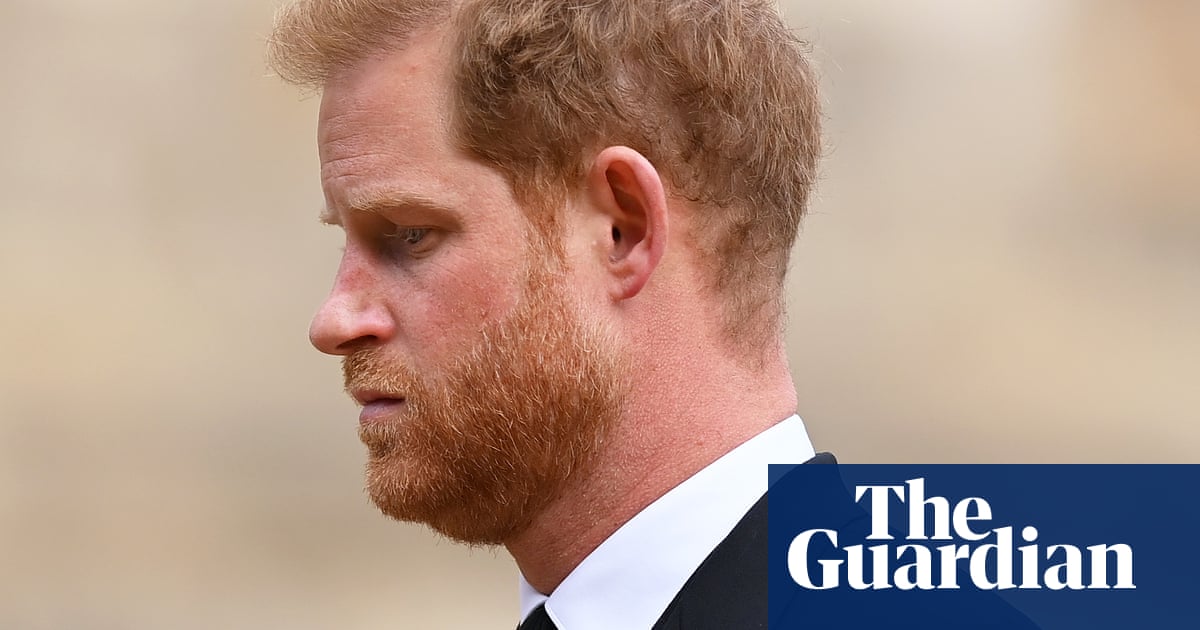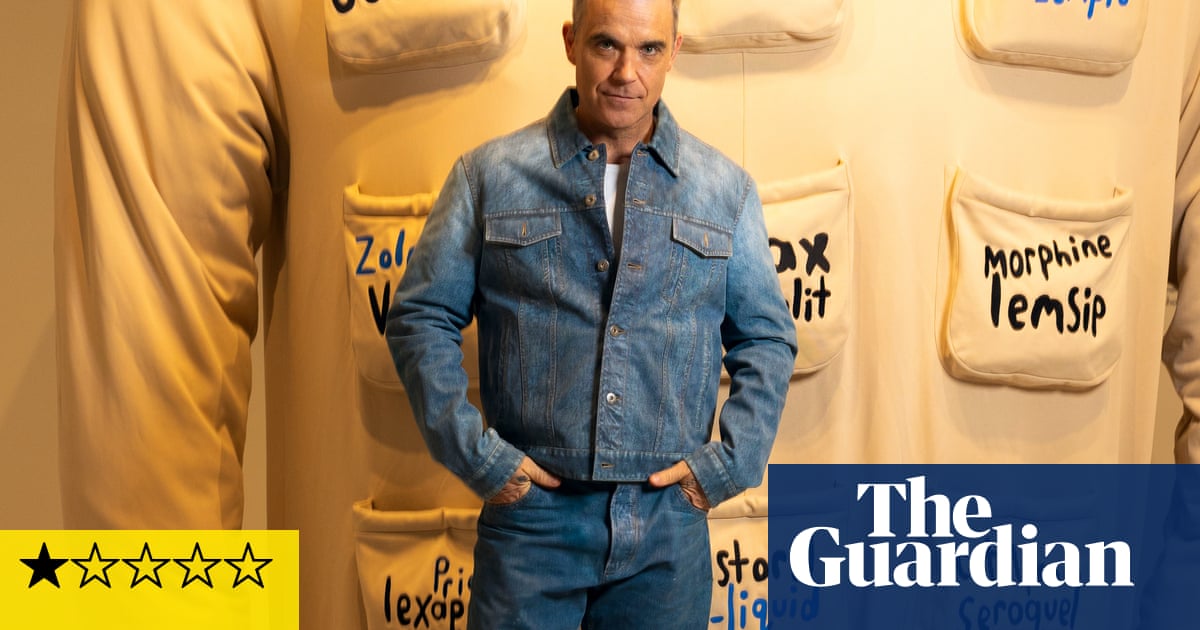It is not often that a cancer patient promises to regale her oncologist with “wild stories about my sexual adventures”, but this might just be my favourite promise of late, both for the exuberant proclamation and the prolonged heartache that preceded it.
The first part of the story is all too familiar.
A young woman develops breast cancer and modern advances declare her cured. Exhibiting patience and perseverance, she tackles the sequelae, including weight gain, mood fluctuations and body image issues, alongside existential questions.
The second part of the story is also familiar.
One day, I am reviewing her medical history from a time before I knew her, when my eyes fall on a passing mention about sexual difficulties. Her problems were noted as “expected for age and anti-oestrogen treatment”. The patient’s chief complaint was dyspareunia, which in plain language means painful sex. The severity of the problem led to abstinence, with implications for her partner. After the disclosure, she had bounced between different clinicians but those appointments, seemingly underwhelming, had tapered off.
I wonder whether and how to revisit this sensitive topic, my concern being that I don’t know what I’d do with the answer. Like most oncologists, my training in mentioning, let alone managing, the sexual health implications of cancer is practically zero.
But I am also uncomfortably aware of the sentiment that gratitude for having survived cancer ought to preclude any expectation of being sexually whole. Of course, no one articulates this sentiment but, like the air one breathes, you know it exists.
Feeling tense, I casually mention to my patient that many cancer survivors experience sexual concerns that never get discussed in appointments, so I am just checking in. At this briefest of encouragements, she provides a despondent account of her pain and her fading hope that she will ever obtain help.
When she says that she is reconciled to things but feels bad for her partner, something about her wistfulness moves me. I am troubled by this heavy, unadvertised cost of cancer treatment that no one wants to own. Doubtful of doing any better, I nevertheless quietly make it my mission to try.
By a stroke of luck, I share space with some excellent gynaecologists who give me some free advice. But when my referral to the public hospital is triaged as “non-urgent” and the patient reports that she might not be seen for up to a year, I feel disheartened. Advocating for her makes me feel guilty about all the unseen patients.
When she is seen, it takes a gynaecologist all of 10 minutes to clinch the diagnosis. What’s more, her problem is easily remediable. But now, the elective surgery waitlist stands in the way. She might be waiting a year or two but at least, she says, there is a glimmer of hope.
She leaves me pondering the cognitive bias that labelled her cancer as curable but her sexual difficulties as incurable. Ironically, her major issue is eventually treated with a minor procedure.
Up to 90% of women (and between 40 and 85% of men) with cancer encounter sexual health problems including loss of desire, arousal and pleasure. Unlike other problems such as fatigue or pain, sexual concerns can persist and lead to long-term distress affecting personal and social wellbeing.
Alas, many white papers on the topic haven’t stopped patients from suffering in silence.
In one study (like many others), 87% of cancer patients reported sexual concerns but less than 30% were asked about sexuality by a medical practitioner.
Then there is the gender bias that tinges many aspects of healthcare.
Women with cancer are significantly less likely than men to be asked about sexual health (22% v 53%).
In one study, sexuality was assessed at 89% of prostate cancer consultations but in only 13% of cervical cancer cases – despite sexual dysfunction and related distress being ubiquitous in affected women.
Patients can sense provider disinterest when it comes to sexual concerns. Oncologists cite a lack of training, time pressures and awkwardness around conversations about sex.
The status quo must change. However, I wouldn’t hold my breath for oncologists to lead the charge amid the competing demands on their time.
But what we could do is harness social and digital media, and fund nurse navigators and sexual health counsellors to provide a mix of anonymous and in-person advice, in an approach that recognises that one size does not fit all.
One day in clinic, I brace myself to feel more of my patient’s pain and frustration. Instead, with a catch in her voice, she asks if she can hug me before sitting down.
Tearfully, she throws her arms around me and says “thank you”. Not for treating her cancer but taking her sex life seriously.
For the first time in years, sex is not painful and life beyond cancer feels open with opportunity. There is a lightness to her being – and as I look at this new woman, I don’t know how to respond to her unexpected compliment except to say that things really shouldn’t have been so difficult.
But she knows that she is one of the “fortunate” ones. Most patients will resign themselves to their problems as the price to pay for having a serious illness.
Sexual health is one of the most affected – and woefully ignored – quality of life indicators in cancer patients. Which is a reminder that for all our vaunted advances, there are elements of the cancer experience that we must doggedly shine a light on.

.png) 6 hours ago
3
6 hours ago
3


